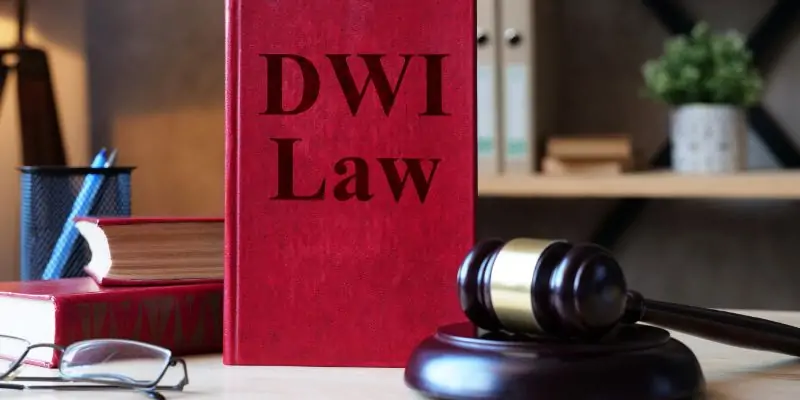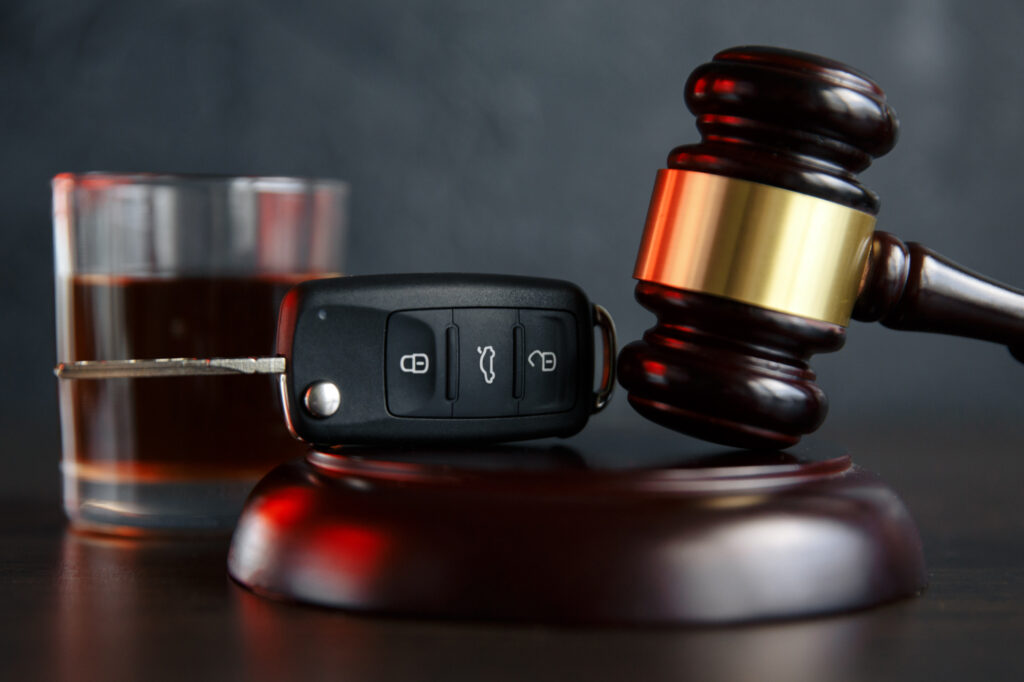Understanding DWI and DUI: Definitions and Legal Implications
DWI (Driving While Intoxicated) and DUI (Driving Under the Influence) are terms often used interchangeably, but they have distinct legal definitions in Texas. DWI typically refers to operating a vehicle with a blood alcohol concentration (BAC) of 0.08% or higher, while DUI can apply to drivers under the legal drinking age who are operating a vehicle with any detectable alcohol in their system.
The implications of these charges can vary significantly. A DWI conviction can lead to severe penalties, including fines, license suspension, and even jail time. Conversely, a DUI charge for a minor may result in different consequences, such as mandatory alcohol education programs. Understanding these differences is crucial for anyone facing such charges.
Consequences of DWI and DUI Convictions in Texas
The consequences of a DWI or DUI conviction in Texas can be far-reaching, affecting various aspects of an individual's life. For adults, a DWI conviction can result in hefty fines, community service, and potential jail time, depending on the severity of the offense and any prior convictions.
In addition to legal penalties, individuals may also face increased insurance rates, job loss, and difficulties in obtaining future employment. It's essential for those charged to understand the long-term implications of these convictions and seek legal assistance to navigate their cases effectively.
Potential Defenses Against DWI and DUI Charges
When facing DWI or DUI charges, several defenses may be available to challenge the prosecution's case. Common defenses include questioning the legality of the traffic stop, the accuracy of breathalyzer tests, and the reliability of field sobriety tests administered by law enforcement.
Additionally, proving that the driver was not impaired or that there were medical conditions affecting their performance can also serve as a defense. Understanding these potential defenses can empower individuals to make informed decisions about their legal strategies.
Steps to Take After a DWI or DUI Arrest
If you or someone you know is arrested for DWI or DUI, knowing the immediate steps to take can significantly impact the outcome of the case. First, it is crucial to remain calm and cooperate with law enforcement while exercising the right to remain silent until legal counsel is present.
Contacting a qualified attorney who specializes in DWI and DUI cases should be a priority. They can provide guidance on navigating the legal process, represent you in court, and develop a defense strategy tailored to your specific situation. Prompt action can lead to better outcomes in these serious cases.


